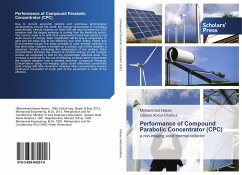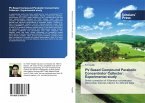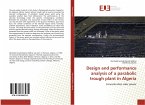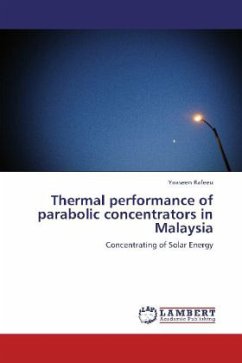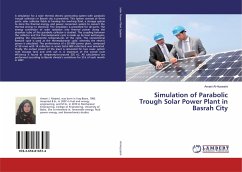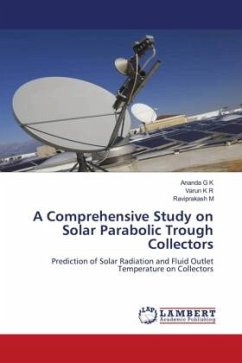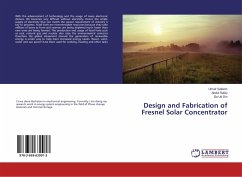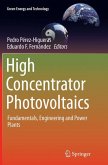Due to current economic reforms and enormous technological developments around the world, the energy consumption is increasing exponentially. Heavily reliance on fossil fuel will also increase the CO2 emission and the largest emission is coming from the electricity sector. The current need is to shift from conventional fossil fuel plants to mix clean source of energy. Solar contribution will be less in comparison to wind and bio-mass due to low efficiency and other Safety, Health and Environmental issues.The basic principle of solar thermal collection is that when solar radiation is incident on a surface, part of this radiation is absorbed, thereby increasing the temperature of the surface. Solar concentrators increase the amount of incident energy on the receiver surface as compared to that on the concentrator aperture area. The increase is achieved by the use of reflecting surfaces which concentrate the incident radiation onto a suitable absorber. Compound Parabolic Concentrators using non-imaging optics could effectively concentrate solar energy with little movement, whereas other concentrators require continuous movement of some part of the equipment in order to be effective.

